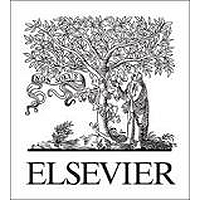In stepped wedge (SW) designs, differing cluster-level characteristics or individual-level covariate distributions that differ by cluster can lead to imbalance by treatment arm and potential confounding of the treatment effect. Adapting a method used in cluster-randomized trials, we propose a covariate-constrained randomization method to be used in SW designs. First, we define a balance metric to be calculated for all possible randomizations of cluster order for a given SW design. The resulting distribution of this balance metric across all possible randomizations is used to select a candidate set of randomizations with acceptable covariate balance. One cluster order is selected at random from this candidate set to be used as the cluster order for treatment implementation. In a simulation study, we implement the covariate-constrained randomization procedure and compare treatment effect estimation, type I error, and power under varying SW design and confounding settings, and using multiple analysis methods. We observed optimal statistical properties when the balance metric was used to exclude a small set of potential randomizations with the highest level of imbalance, and when analysis methods were adjusted for the potential confounders. The covariate-constrained randomization was most beneficial in settings with a small number of clusters and in the presence of cluster-level confounding.

Evaluation of a covariate-constrained randomization procedure in stepped wedge cluster randomized trials
Review badges
1 pre-pub reviews
0 post-pub reviews